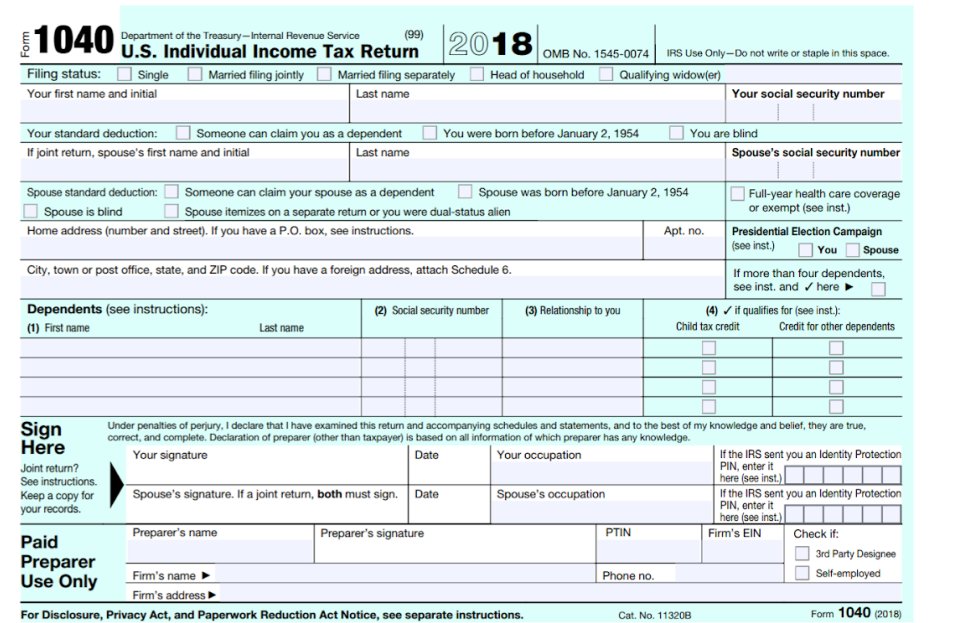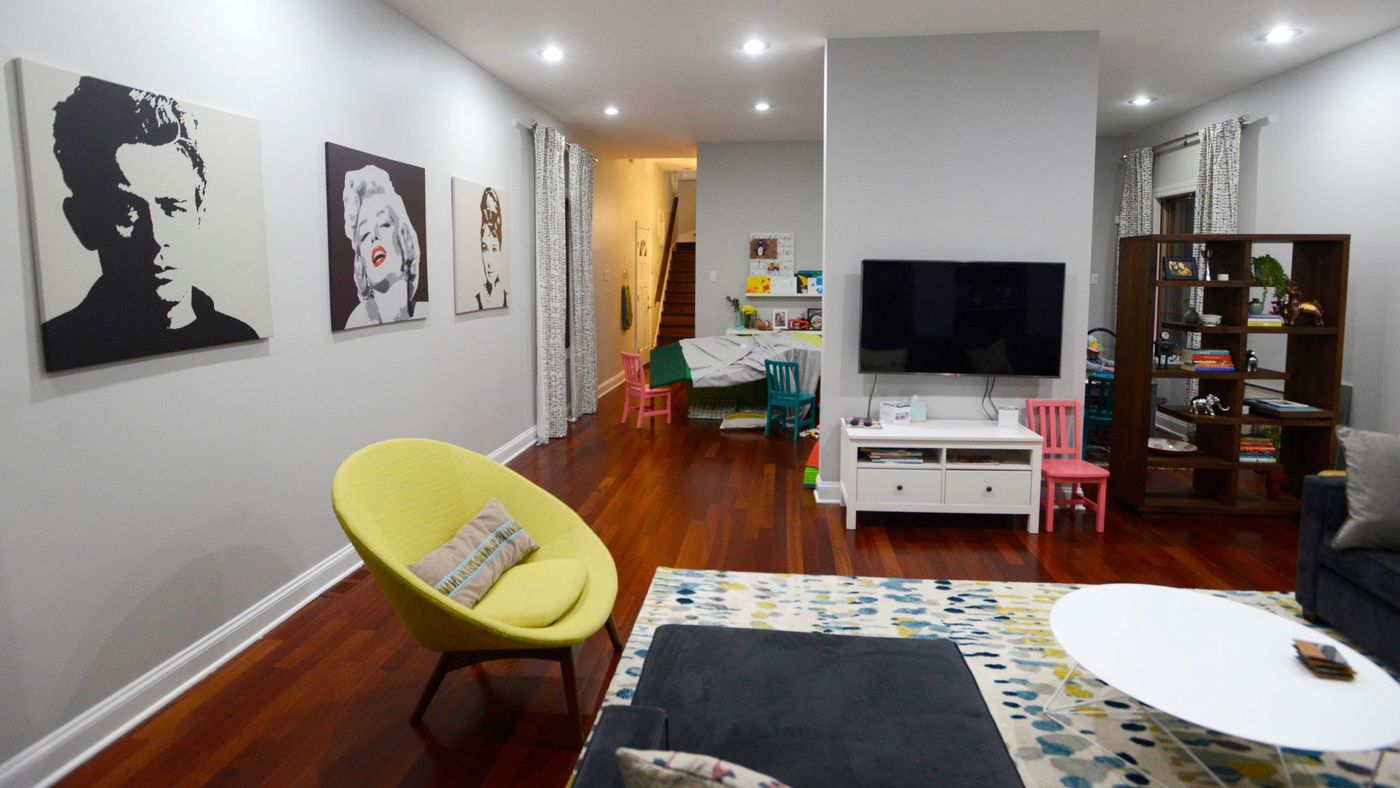Getting a mortgage is never easy, even when you have a full-time job. But if you are self-employed or are considering becoming a freelancer, then you know that lenders do not make it easy. This is because the requirements governing mortgages for self-employed individuals have not kept up with changes in the labor market.
That being said, freelancers can, and do, get mortgages. If you are in the market for a new home or its time to finance, then here is more information on how to get a mortgage when you’re working as a freelancer.
Who is Lending to Freelancers?

7 Ways Landlords Can Verify Proof of Income
Let’s face it, you want to know which lenders are more likely to approve freelancers for a mortgage. This is especially true as the criteria for most mortgages are based on full-time employees.
While banks are slowly becoming aware that the freelance sector is one of the fastest-growing categories of employment, odds are that your local bank is ill-prepared to help. However, this doesn’t mean that you have nowhere to turn.
When we talked to representatives at NYC hard money lender, Gauntlet Funding they mentioned the programs they have for “funding high-risk loans for these unconventional borrowers.” This is not to say that all freelancers are high-risk, but in the eyes of most lenders the uncertainty of future earnings puts them in a special category.
Beyond lenders like Gauntlet, there are several other financial institutions have developed mortgage programs for freelancers and a quick Google search will give you a list of alternatives. This is important as you will want to see which lenders are licensed in your state, and importantly, how much they will be willing to approve you for.
Beyond these programs, you can also look into what is known as “Sole Trader Mortgages” and “Limited Company Mortgages”. The former is for self-employed individuals who have at least two years of stable income. While the latter is for those operating as a business – just keep in mind that lenders will only focus on your personal income from the business and not the company’s revenues.
How Will You Qualify for a Mortgage?

How to land a mortgage without a salary. For freelancers, a good home loan is hard to find.
While the criteria for freelancer mortgage vary from lender to lender, here are some of the basics. For starters, you will need to have a contract or basket of contracts which will equal or surpass what you’ve earned over the past two years. This is important as tying your current income to past income shows consistency in your earning power.
Besides the contracts, you will also need to supply bank statements as this will act as proof of your earnings as well as the source of the deposit for your planned home purchase. Also keep in mind that you will need a good credit score, and will you want to make sure your combined monthly debt payments are not too high. A good rule of thumb is to keep your total monthly debt below 35 percent of your total income. While the actual limit is slightly higher it’s probably best that you pay down your credit cards before applying for a mortgage as this will show lenders that less of your income is earmarked for debt service.
How Lenders View Your Application
Proof of Income: A Freelance Problem
For full-time employees, the metric is simple as lenders look at your annual salary. But if you’re self-employed, you will need to prove steady income over the past two years as well as a current income level at or above that level. With this in place, the banks will annualize your income over the past two years – basically taking the average monthly income and multiplying it by 12.
However, there are a couple of things to keep in mind. First, you don’t want to apply for a mortgage while a contract is about to end. The reason is that you might not have another contract in place to cover the lost revenue.
Second, if your freelance income has grown over the past two years, assume the bank will take a lower number than what you have calculated. Granted, this will mean that you will qualify for a less, but it also means that your finances won’t be as stretched if you hit a tough patch.
Freelancers age 62+ are in luck.
Freelancers can also be seniors age 62 and older which may qualify for a relaxed mortgage type known as the reverse mortgage. A reverse mortgage does not require tax returns as self-employed borrowers must typically provide for traditional financing. This allows for a senior age 62 an older to easily qualify for a refinance without needing to meet stringent income requirements. In fact, income requirements are light for the reverse mortgage loan as a mortgage payment itself is not required. To get an idea of how much you can qualify for try the HECM calculator at reversemortgagereviews.org.
Final Thoughts
It’s not impossible to get a mortgage if you are a freelancer. The keys are a to find a lender who has a program for the self-employed, have a history of steady income, keep your debts in check, and finally, get pre-approved as this will give you the confidence needed to make an offer on the home of your dreams.